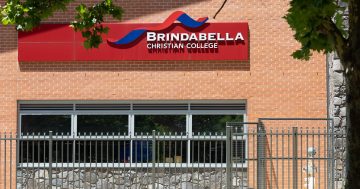
RSM partner and director Frank Lo Pilato says the ATO’s actions have come as quite a surprise to some business owners. Photo: Liv Cameron.
In light of the Australian Tax Office’s heightened focus on recovering overdue tax debt, coupled with interest rate rises and cost of living pressures impacting consumer spending, it appears some businesses throughout the region are feeling the strain.
Recent data on corporate insolvency from ASIC reveals a surge in insolvency rates in the ACT. Insolvencies in the December quarter were three times higher compared to the same period across the previous two years.
The figures mirror those observed nationwide, with insolvency levels reaching heights not seen since the aftermath of the global financial crisis more than a decade ago.
RSM national head of restructuring and recovery Frank Lo Pilato says there are several likely reasons for the increase.
“Companies that were on the brink of insolvency before COVID were afforded some reprieve during the pandemic due to government grants and payments,” he says.
“Essentially, these allowed them to continue trading rather than being forced to wind up the business.
“While some were fortunate enough to recover completely in that time, others were not. So what we may be seeing now is an accumulation of insolvencies that would otherwise have occurred over several years.”
When it comes to the Australian Taxation Office’s (ATO) actions, Frank says they have come as quite a surprise to some business owners.
“The ATO has been more lenient in recent years than perhaps at any time in recent history, and there’s a definite sense that people had become used to it. The strategy of delaying payment until a hopeful point in the future where they can trade out of it is now becoming increasingly impractical.
“What’s perhaps more surprising though is the ATO’s reignited interest in pursuing debts attached to director penalty notices, even where the company was liquidated several years ago.
“It goes to show that even though a company may be wound up, directors can still be held liable for outstanding tax and super obligations as we’re seeing unfold now.”

RSM principal Thiru Kandiah says communication with the ATO is absolutely critical. Photo: Liv Cameron.
RSM principal within the business advisory division Thiru Kandiah says communication with the ATO is absolutely critical if business owners wish to avoid potential outcomes such as being reported to credit agencies and receiving director penalty notices or garnishee notices.
“Anyone who receives these types of communications from the ATO is understandably rattled,” Thiru says.
“In some cases, they know that paying the debt would ultimately result in their business’s closure. So fearing engagement with the ATO, they ignore it, making and breaking payment plans, dismissing calls, and avoiding doing anything until it’s too late.
“Ideally, if you engage with the ATO early on and build a relationship based on trust, the chances of securing a workable agreement are high. This is where your business advisor or accountant should be supporting you and playing a much more holistic role than annual tax returns and compliance.
“You don’t need to be an expert in financials if you work closely with someone who is.
“Your business advisor or accountant should be providing quality strategic advice that goes beyond negotiating a payment plan with the ATO, such as helping you understand why your business is struggling and what you could do to turn it around.”
Frank agrees and says it’s difficult to know the available options unless you get proper advice.
“When you can’t meet tax and super obligations, it’s usually a red flag that there is something fundamentally wrong with the business model. If these fundamentals don’t change, and often they don’t, then the business is unlikely to find itself in a future position where it can pay off cumulative debt.
“Whatever you do, don’t over-promise and under-deliver when making arrangements with the ATO.
“It’s a common mistake, and broken promises will only have the opposite effect of what you want to achieve.
“Instead, work out what you can realistically pay. Treat it like a proper loan, and then get stuck into addressing why your business is not performing well if you want to give it the best chance of recovery.”
RSM provides a full suite of accounting, tax, business advisory, and restructuring and recovery services for Canberra business owners. For more information, call (02) 6217 0300 or visit RSM Canberra.




















